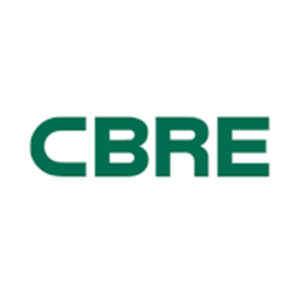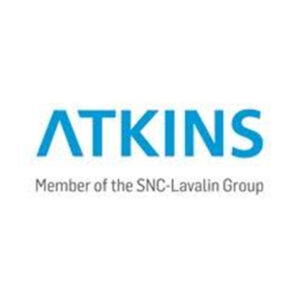FOG Regulations.
Fats, oils and grease disposal regulations have been put in place to reduce the impact that fats, oils and grease have on our drainage systems and the environment.
FOG can accumulate in pipework resulting in a reduction of flow through pipes and lead to reduced flow and huge blockages that have a major impact on Councils and local areas.It is important to note that FOG issues are not down to one particular type of cooking style, fats and oils are derived from meats, fish, dairy products and almost all types of preparation and cooking.
As a catering business there are laws and regulations you must abide by:
Water Industry Act 1991
It is a criminal offence under section 111 of the Water Industry Act 1991 to discharge into the
public sewers any matter which may interfere with the free flow of wastewater.
The Building Regulations 2000 – Drainage And Waste Disposal
Section 59 of the Building Act 1984 enables a local authority to require satisfactory provision for drainage of an existing building by service of a notice on the owner. Drainage serving kitchens in commercial food premises should be fitted with a grease separator complying with BS EN 1825-1:2004 and designed in accordance with BS EN1825-2:2002 or other effective means of grease removal.
Environmental Protection Act 1990
Every commercial premises arranging collection and disposal of waste (including waste cooking oils and fat) must comply with the requirements of Section 34 of the Environmental Protection Act 1990 and the Environmental Protection Act (Duty of Care) Regulations 1991 as amended.
Animal By-Products Regulations EC
From 1 November 2004, waste cooking oil from catering premises can no longer be used as an ingredient in animal feed. This is to safeguard the food chain.
Food Safety Act 1990
Local authorities are authorised to inspect premises under the Food Safety Act 1990.
It is down to you to ensure your kitchen abides by these laws, if you don’t you will find you could end up being prosecuted, fined a substantial amount or even be imprisoned.
FOG Facts via Southern Water.
- More than 3,000 homes are flooded in the UK each year because of fat, oil and grease blockages
- £90 million is spent every year on clearing fat, oil and grease blockages across the country
- As well as causing blockages leading to flooding, build-ups of fat, oil and grease can also put wastewater pumping stations out of action.
- 70% of blockages are from FOG
Every kitchen will require different ways to dispose of fats, oils and grease so it is imperative that from the initial concept, designers, contractors and consultants MUST consider the following:
- The use of the kitchen – including the menu style and cooking methods.
- The layout of your kitchen, deciding what is possible within the space available, including whether FOG disposal equipment will need to be placed inside or outside the kitchen.
- The drainage system, including its route through the kitchen and beyond the premises and in particular where the FOG load is heaviest and the potential for bottlenecks greatest.
- Drainage will need to be considered alongside the details of the equipment discharging into individual drains, as well as the floor gully positions, especially for systems which rely on gravity to drain.
Installation requirements.
- Requirements specified by the local authority for the siting of FOG disposal systems
- Staff training and working practices, particularly the cleaning. Make sure all staff comply with this training and working practices.
- Service and maintenance of all equipment and regular audits of all systems to assess drain health and successful FOG removal and management.
The removal and disposal of FOG should be done responsibly and sustainably.
Useful kitchen practice guidelines:
- Training of all staff must include the importance of keeping fats, oils and grease and food waste out of the drains and sewers in the first instance. All operational staff should be aware of the company policy on FOG disposal. A clear concise guide should be easily accessible to all.
- Never tip oils and fats directly into drains via sinks or floor drains.
- All oils and fats should be collected and stored securely ready for specialist collection.
- Before loading pots, pans and plates into the dishwasher they should be scared and dry wiped and then loaded into cleaning equipment. All scrapings must be placed in food waste bins.
- There should be a strainer in each and every sink to prevent food waste going down the drains – any food waste collected in the strainer should be placed in the food waste bins.
The following equipment will reduce FOG entering the sewers:
- Grease Separators
- Grease Removal Units (GRU)
- Biological/Bacteria based systems
At Ceba we ensure we work alongside relevant teams to ensure your commercial kitchen is designed in accordance with all regulations relating to FOG and all other industry standards.

























